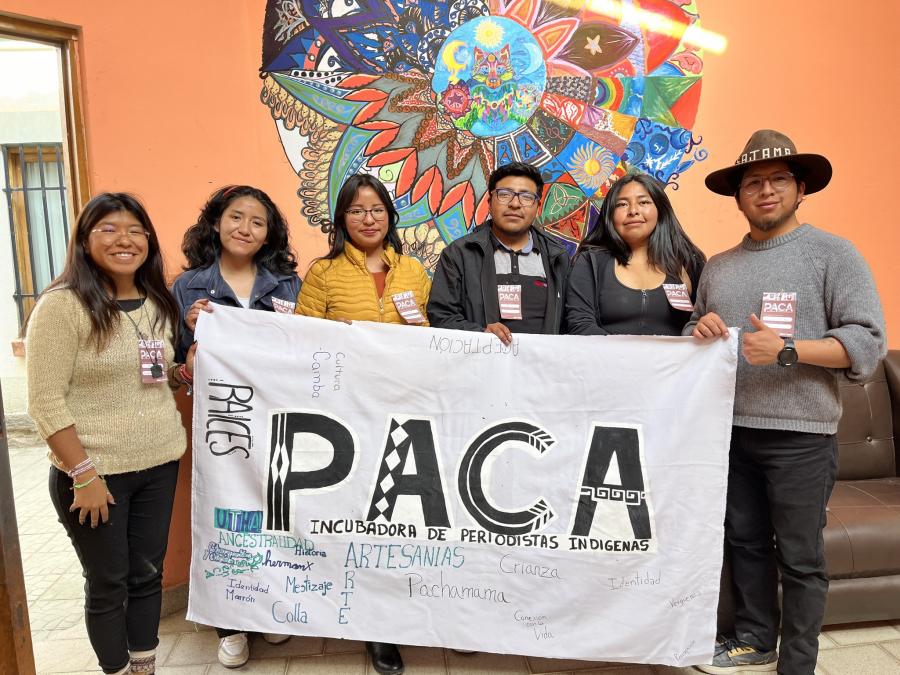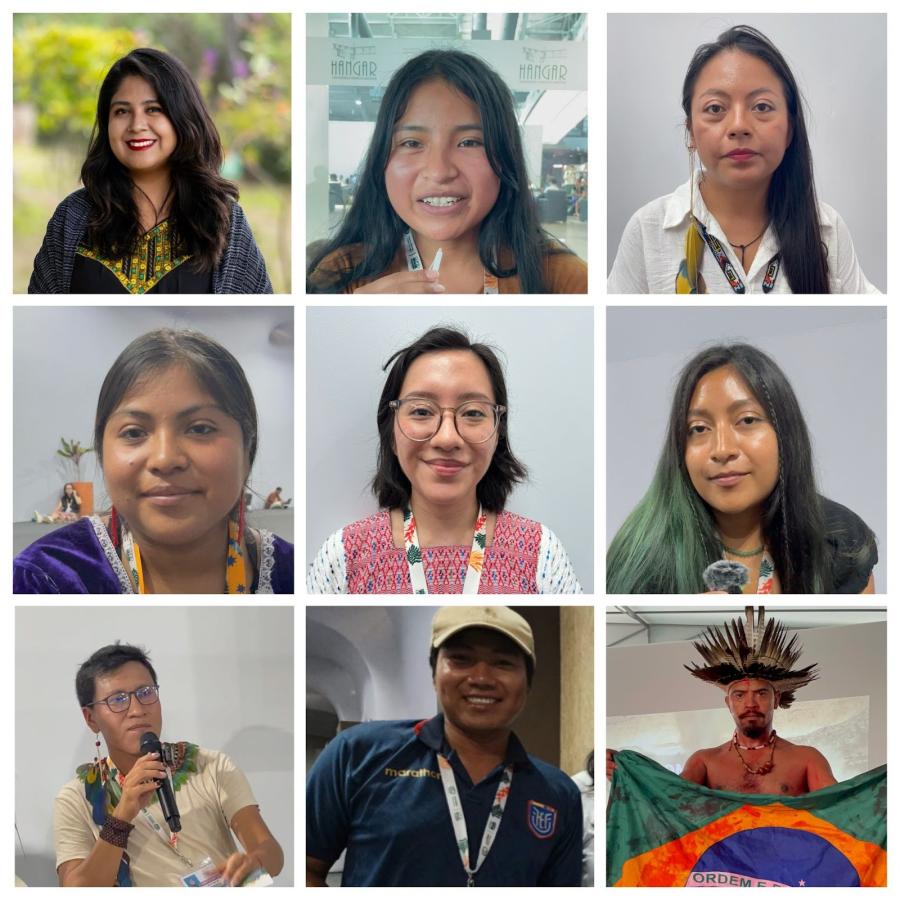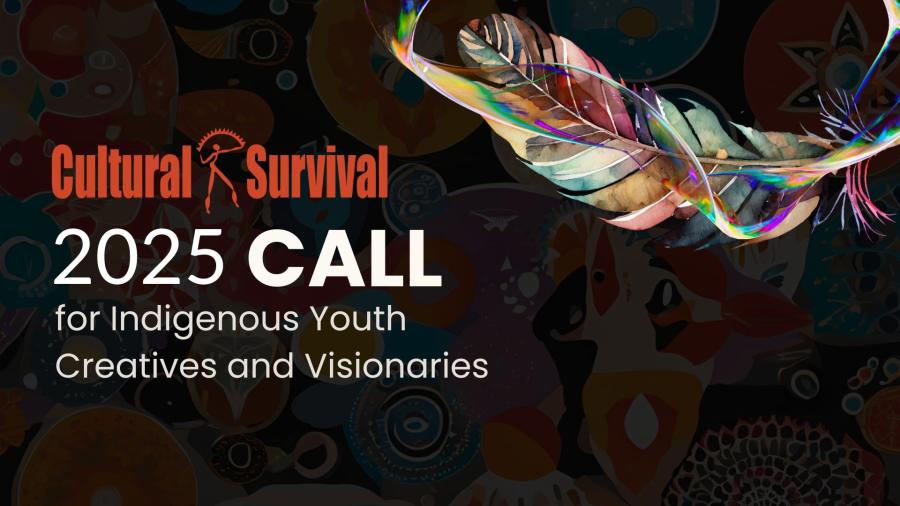
Join Cultural Survival and International Funders for Indigenous Peoples (IFIP) for a webinar: Understanding the Realities of Indigenous Migrant Farmworkers in the Time of COVID-19
August 26, 2020
2:00pm EST/ 11:00am PST
Live on Facebook
This panel held by Cultural Survival in partnership with International Funders for Indigenous Peoples will spotlight and analyze the intersections of Indigenous and migrant farmworker experiences and forms of organizing during COVID-19 and its impact on livelihoods and identities. Indigenous Peoples are heavily represented among migrant farmworkers in the United States, and they are highly impacted by COVID-19, due to the exclusion of undocumented people from most benefits, as well as other structural inequities in access to health and other resources that affect both documented and undocumented people.
Cultural Survival representatives Galina Angarova (Ekhirit Nation, Buryat People) and Avexnim Cojtí (K’iche’ Maya) will discuss some of the root causes of migration that force Indigenous Peoples to leave their homelands. Panelist Arcenio López (Mixteco) from Mixteco.org (based in the Central Valley, CA) and Crispín Hernández (Mixteco) of the Workers' Center of Central New York will speak about the unique challenges farmworkers face in each of these regions during the COVID crisis, the work their organizations do, and how they are moving through this crisis through local and regional organizing.
Arcenio J. López (Mixteco) is from Oaxaca, Mexico. In 2006, Arcenio was hired as MICOP’s first Community Organizer and promoted as the first indigenous Executive Director in 2014. Arcenioreceived his Bachelor of Science degree with a major in Accounting from Cal Lutheran University in 2019.
Crispín Hernandez (Mixteco) is from southern Mexico, where corn was born. He has been working as a farm worker for three years and is an organizer for the Central New York Workers Center.
Avexnim Cojti (Maya K'iche') is Community Media Program Manager. Avexnim is from Chuwila, Guatemala. She is a sociologist with a Master’s degree in Public Administration. Her experience is in the delivery and management of projects/programs that strengthen Indigenous self-government. She enjoys and learns about Indigenous art and music, self-government systems, media and Indigenous philosophies on health.
____
Este panel presentado por Cultural Survival en colaboración con Donantes Internacionales para Pueblos Indígenas (IFIP) resaltará y analizará las intersecciones de las experiencias y formas de organización de Pueblos Indígenas y trabajadores agrícolas migrantes durante COVID-19 y su impacto en sus formas de sustento e identidades. Los Pueblos Indígenas son altamente representados entre trabajadores agrícolas en los EEUU, y son fuertemente impactados por COVID-19, debido a la exclusión de personas indocumentadas de la mayoría de beneficios, como también otras inequidades estructurales en el acceso a la salud y otros recursos que afectan tanto personas documentadas como indocumentadas.
Las representates de Cultural Survival, Galina Angarova (Ekhirit Nation, Buryat People) y Avexnim Cojtí (Maya K’iche’) discutirán algunas de las causas la raíz de la migración que fuerzan a los Pueblos Indígenas a dejar sus tierras ancestrales. El panelista Arcenio López (Mixteco) de Mixteco.org (basada en la Valle Central de CA) y el panelista Crispín Hernández (Mixteco) del Centro de Trabajadores de Nueva York Central hablarán sobre los desafíos específicos que trabajadores agrícolas están enfrentando en cada una de estas regiones durante la crisis de COVID, el trabajo que hacen sus organizaciones, y cómo están atravesando esta crisis a través de la organización local y regional.



